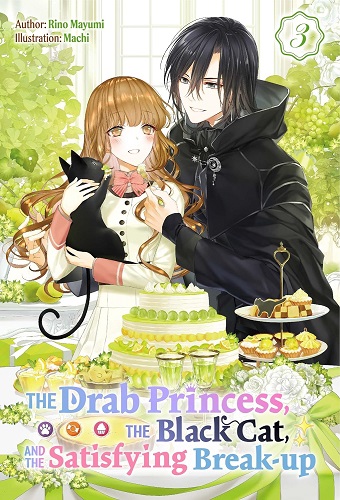By Nahoko Uehashi and Masaaki Yamamoto. Released in Japan as “Shika no Ō” by Kadokawa Bunko. Released in North America by Yen On. Translated by Cathy Hirano.
I was not originally planning to read this book, as I have sort of given up on any license that is basically “we got this because there’s an anime movie version of it”, and most folks saw this when the movie came out two years ago. But then I saw it was from the author of the Moribito series, and I recalled a lot of friends were very much into that series, so I thought I would give it a shot. I’m glad I did, as it’s a very different kettle of fish to the standard “what if we were transported to another world?” fantasy novel that you see these days. The Deer King is a more fantasy kind of fantasy book, exploring a world where, over two centuries ago, a plague ravaged the land. Now that plague has returned, and doctors are desperately trying to figure out how it’s spreading and how to cure it. Meanwhile, one of our two main characters has it, and instead of dying he seems to be changing.
The book is divided between two protagonists, alternating their stories. Van is a rebel leader who was captured and has now been sentenced to work in the salt mines as a slave. Suddenly the mine is invaded by wild dogs – and those who are bitten go into convulsions and die. Van does not die, though, but seems to gain some sort of unworldly connection with something instead. He takes the one survivor – a toddler who was also bitten but did not die – and escapes, trying to find a place to stay. Meanwhile, a doctor, Hohsalle, has discovered that an ancient plague is returning, seemingly brought about by being bitten by wild dogs/wolf hybrids. Is all of this somehow being deliberately engineered in order to kill off the conquerors? and can Hohsalle find a cure or a vaccine while also negotiating troubling politics?
The double viewpoint can be frustrating – this 350-page book is divided into sixths, with Van getting part 1, 3, and 5, and Hohsalle 2, 4, and 6. Just as you’re getting into the narrative from one protagonist, it switches to the other. That said, I also appreciate the different viewpoints. Van can be difficult to like, despite the fact that he’s clearly meant to have the audience’s sympathy – it’s not quite clear what he’s become after being bitten, but the general sense is that if he ever gives into it and stops trying to be human, Bad Things will happen. Which, um, makes it a bit of a problem that Yuna, the little girl he rescued and then adopted, has been kidnapped. As for Hohsalle, his care as a doctor is excellent, and he clearly wants to save people, but he’s also rather casual and flippant about the other aspects of life. We frequently follow his bodyguard and straight man, Makokan, just for a more down-to-earth viewpoint.
Still, the plot was interesting enough that I’ll read the second volume. recommended for those who like high fantasy combined with race-against-time thrillers.



